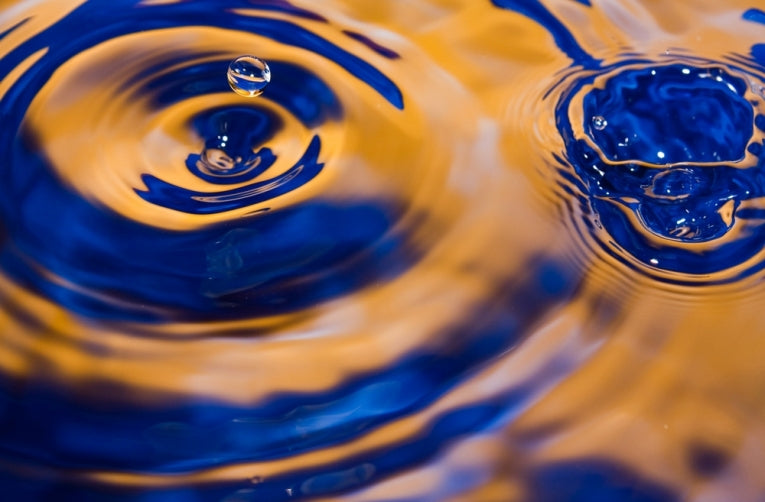World Water Week coincides with the annual conference that is hosted by the Stockholm International Water Institute. This year the conference takes place during the last week of August.
The conference is a global meeting place for more than 2,000 participants, including key decision-makers and more than 200 collaborating organisations. The aim of the conference is to promote the exchange of views and experiences between scientific, business, policy and civil society communities where a good and pure water supply is an important issue with respect to environmental, health, livelihood and poverty reduction agendas.
The theme for the 2012 conference is "Water and Food Security".
Delegates were told that over 900 million people in the world suffer from hunger and two billion more face serious health risks from under nourishment. At the same time, 1.5 billion people overeat and over a third of all food that is produced is either lost or wasted.
In the US alone, 40% of the nation's food is discarded every year. That represents about $165 million in wasted food and it has been estimated that a 15% reduction of that would be enough to annually feed 25 million Americans.
Demand for food and fibre is now so great that by the middle of the current century, if trends continue as they are, the pressure on water supply in many parts of the world will become untenable and food and water security will come under serious threat.
To Torgny Holmgren, Executive Director of the Stockholm Water Institute the answer was quite simple.
"More than a quarter of all the water that is used worldwide is taken to grow a billion tons of food that nobody ever eats. That water, together with the billions of dollars spent on growing, shipping, packaging and purchasing the food, is sent down the drain. The smartest and most direct route to relieve pressure on water and land resources is to reduce the waste of food. It is an opportunity that we can't afford to overlook."
Also on the agenda will be discussions on the latest efforts to provide clean water and safe sanitation to the two billion plus people who currently live without sustainable access to these basic services. Half the cases of malnutrition worldwide are the result of illnesses and infection caused by dirty water or unhygienic sanitation.
Almost two in every three people who lack access to safe drinking water survive on less than $2 a day and one in three exists on less than $1 a day. This means that it is unrealistic for many who lack access to effective sanitation to finance this from their own resources. However, it is one of the world's most effective health interventions. UNICEF research has indicated that for every dollar that is invested, up to $34 can be saved in health, education and social development costs.
In 2005 the UN set eight Millennium Development Goals to be achieved by 2015. One of these was achieved by early 2012, namely to give close access to an improved water supply to 89% of the world's population. The inspiration for this goal was to reduce the number of child deaths from diarrhoeal disease, but unfortunately there has been no improvement and death rates have remained very much the same.
Sadly, improvements in sanitation have not kept pace with improvements in the provision of a safe water supply. This continues to be a major problem that could be solved, but at a cost. Using proven approaches and technologies, in order to meet the Millennium Development Goal to halve the proportion of people without access to basic sanitation by 2015, it would cast about 10 billion US dollars per year. If this programme continued for a further ten years at the same rate, everyone in the world could be catered for.
A further problem is the need to monitor so-called improved water systems for contamination. Many of these new water sources are in the form of shallow wells and statistically these become contaminated within a year of their installation.
The main providers of food in the developing world are around 2.6 million small-scale producers. They till the land, raise animals and fish. Agriculture is a thirst activity, but it holds the key to sustainable water use.
Jose Graziano da Silva, Director General of the Food and Agriculture Organisation of the UN (FAO) said that investment in smallholder farmers was critical in order to achieve food and water supply for all people. We will want them to produce more, but in a sustainable way. We want them to preserve natural resources and adapt to climate change and all this can be done, but they will need help because they cannot be expected to achieve this alone.
World Water Week focuses on new thinking and positive action and from its original conception the organisers have been very much aware of the importance of involving the younger generation. An innovation for 2012 is the development of a Young Professionals' Vision. The aim is that during the conference a group of young professionals will develop a vision of how to achieve water and food security by 2050.
The earnest hope of the organisers is that World Water Week 2012 will move beyond rhetoric and provide some real answers to the world's water, environment and development challenges.










